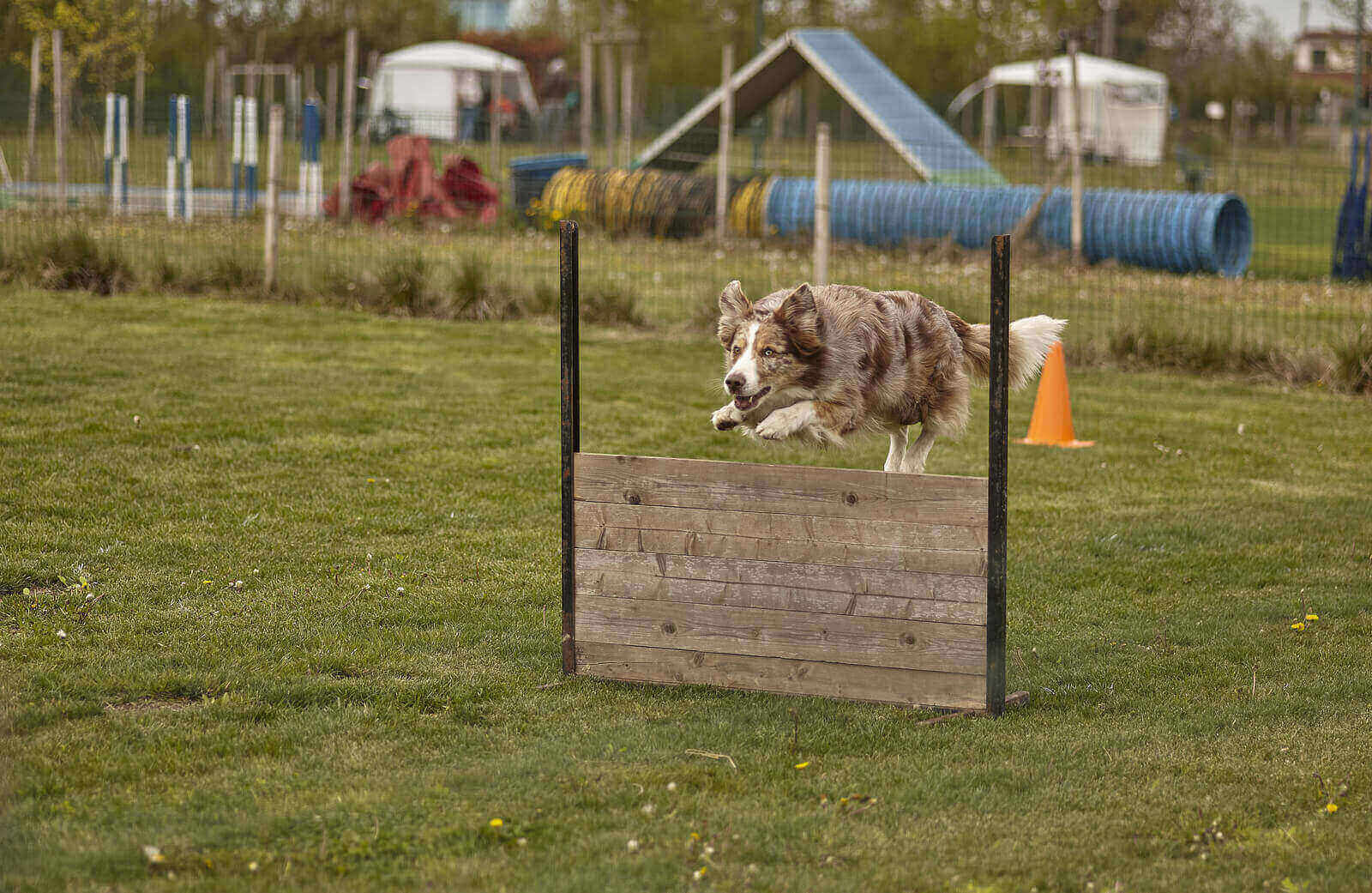It can be rather alarming to realize that you have given your dog Zyrtec-D by mistake. Once you make this realization, you will want to know what is likely to happen, and what you need to do next. This article has the answers.
If I gave my dog Zyrtec-D by mistake, I would rush him to the vet immediately. At the very least I would call the pet poison hotline, and explain the situation. Zyrtec-D contains the decongestant Pseudoephedrine, which can be toxic to dogs even at relatively low doses.
What happens if a dog eats a Zyrtec-D obviously depends on how much of the Zyrtec-D the dog gets. It also depends on the size of the dog.

A big dog that has just a little Zyrtec-D may not suffer too much harm. But a small dog that has lots of Zyrtec-D can end up suffering a great deal of harm, even death.
Of course if, for instance, my dog ate a bottle of Zyrtec D, then that would be a huge emergency. But even a single Zyrtec D pill in a small dog may cause some level of harm.
Generally, if a dog ate Zyrtec D, it is at risk of having unpleasant symptoms. That is why every case of a dog eating Zyrtec-D should be reported to a vet.
What is Zyrtec-D?
Zyrtec is an antihistamine medication, used to give relief to allergy symptoms. Thus if one has a runny nose, sneezing or watery eyes, and the reason behind it seems to be an allergic reaction, Zyrtec-D can provide relief.
There is normal Zyrtec (which dogs can take), then there is Zyrtec-D (which is harmful to dogs).
What makes the difference is ‘–D’ which stands for decongestant. Thus Zyrtec-D, on top of having an antihistamine, also has a decongestant.
That piece of information would be of great relevance, if I gave my dog Zyrtec-D by mistake.
The decongestant in Zyrtec-D is specifically Pseudoephedrine.
Can Dogs Have Zyrtec-D?
If I gave my dog Zyrtec-D by mistake, the key pressing question would be on whether dogs can have this medication.
In other words, can Zyrtec-D hurt a dog?
The truth of the matter is that dogs shouldn’t have Zyrtec-D. There is risk of antihistamines poisoning in dogs, when they take a medication like Zyrtec-D.
Actually I would worry if my dog ate allergy pills of any type without a vet’s prescription. That is because these pills often contain decongestants like Pseudoephedrine, which can harm a dog.
In Zyrtec-D, there is Cetirizine and Pseudoephedrine. The Cetirizine is alright. But the Pseudoephedrine can harm a dog.
A dog that happens to consume Pseudoephedrine (as in Zyrtec-D for instance) may suffer from agitation, tremors, abnormal heart rates and abnormal heart pressure.
Thus if I accidentally gave our dog half of a Zyrtec D rather than normal Zyrtec, I would be on the lookout for such problems.
Zyrtec-D can be harmful to dogs. Therefore dogs shouldn’t have it.
Thus if you had the should you give your dog Zyrtec-D question, now you know the answer. Ideally you shouldn’t.
Besides the normal side effects of antihistamines in dogs, Zyrtec-D can cause other complications.
Zyrtec-D is certainly not the best antihistamine for dogs with skin allergies, or any other allergies for that matter.

I Gave My Dog Zyrtec-D By Mistake – What is Likely To Happen?
If the dog had just a little Zyrtec-D, it may only suffer minor problems, like agitation and hyperactivity. These would normally be short-lived.
But if I accidentally gave my dog too much Zyrtec-D, then major complications, such as tremors, abnormal heart beats and high blood pressure can follow.
So that is what happens if I give my dog too much Zyrtec-D.
In general terms, what happens if my dog eats a Zyrtec-D depends on how much of the Zyrtec-D the dog has.
Side effects of Zyrtec-D for dogs can manifest, even at lower doses.
For instance, if my 20 pound adult dog got 30 mg of Zyrtec-D instead of her usual 10mg, then that would be worrisome.
That is because Zyrtec-D can cause problems, even at 5 mg per kg of dog weight. (That is in fact why answering the how much Zyrtec-D can I give my dog style=”font-weight: 400;”> question tends to be so hard).
All in all though, if I gave my dog Zyrtec-D by mistake, I would worry about issues such as agitation, hyperactivity, tremors, abnormal heart rates and hypertension.
I Gave My Dog Zyrtec-D By Mistake – What To Do?
The best thing to do would be to take the dog that had Zyrtec-D to a vet.
Or at the very least, call your vet, report the situation, and ask for guidance.
If you are completely unable to contact a vet, at least call the pet poison hotline, and report the situation. Then ask for guidance.
So if you had the my dog ate Zyrtec-D what should I do question, then this is the answer to it.
What if I give my dog too much Zyrtec? That would still be the right approach: rushing the dog to a vet. Or at least calling a vet and asking for guidance. The least you can do is call the pet poison hotline.
In practical terms, the vet may try measures such as inducing vomiting, if it is not too late for that. Otherwise the vet may try measures like trying to prevent/minimize the absorption of the Zyrtec-D.
In some cases, advanced measures such as gastric lavage may be necessary. That is if, for instance, the dog ate a whole bottle or Zyrtec-D.
Supportive care for the symptoms that follow Zyrtec-D overdose may also be necessary.
The vet may then advise you on how to prevent dogs from overdosing on Zyrtec-D again.
Final Verdict – I Gave My Dog Zyrtec-D By Mistake
If you gave your dog Zyrtec-D by mistake, don’t panic. If the dog had just a little Zyrtec-D, then it may only suffer minor harm.
But if the dog had too much Zyrtec-D, it may suffer a great deal of harm. Even then, what you need to do is act – not panic.

Just pick the dog and rush it to the nearest vet. Or call your vet, and ask for guidance. At the very least, call the pet poison hotline, report the incident, and ask for guidance.
Many cases of dogs having Zyrtec-D don’t lead to major complications. If you get the dog to the vet in good time, chances are that the problem will be addressed properly, and the dog will be alright in due course.
As a pet lover, make sure to learn about pet more and give your pet dog a good and comfortable life!

Welcome to Learn About Pet. My name is Rajkumar Ravichandran and I love all pets, travel, and amazing food. I write about my passion and personal experience caring for multiple pets in this blog! ❤️
Post Disclaimer
DISCLAIMER: THIS BLOG OR WEBSITE, "Learn About Pet", DOES NOT PROVIDE YOU WITH MEDICAL ADVICE AND IS NOT A SUBSTITUTE FOR MEDICAL ADVICE. ALWAYS GET IN TOUCH WITH YOUR PERSONAL VETERINARIAN AND USE INFORMATION HERE AS GENERAL ADVICE.
The information, including but not limited to, text, graphics, images and other material contained on this website are for informational purposes only. No material on this site is intended to be a substitute for professional veterinary advice, food recommendation, diagnosis, or treatment. Always seek the advice of your veterinarian or other qualified health care provider with any questions you may have regarding a medical condition or for pet food related questions.







